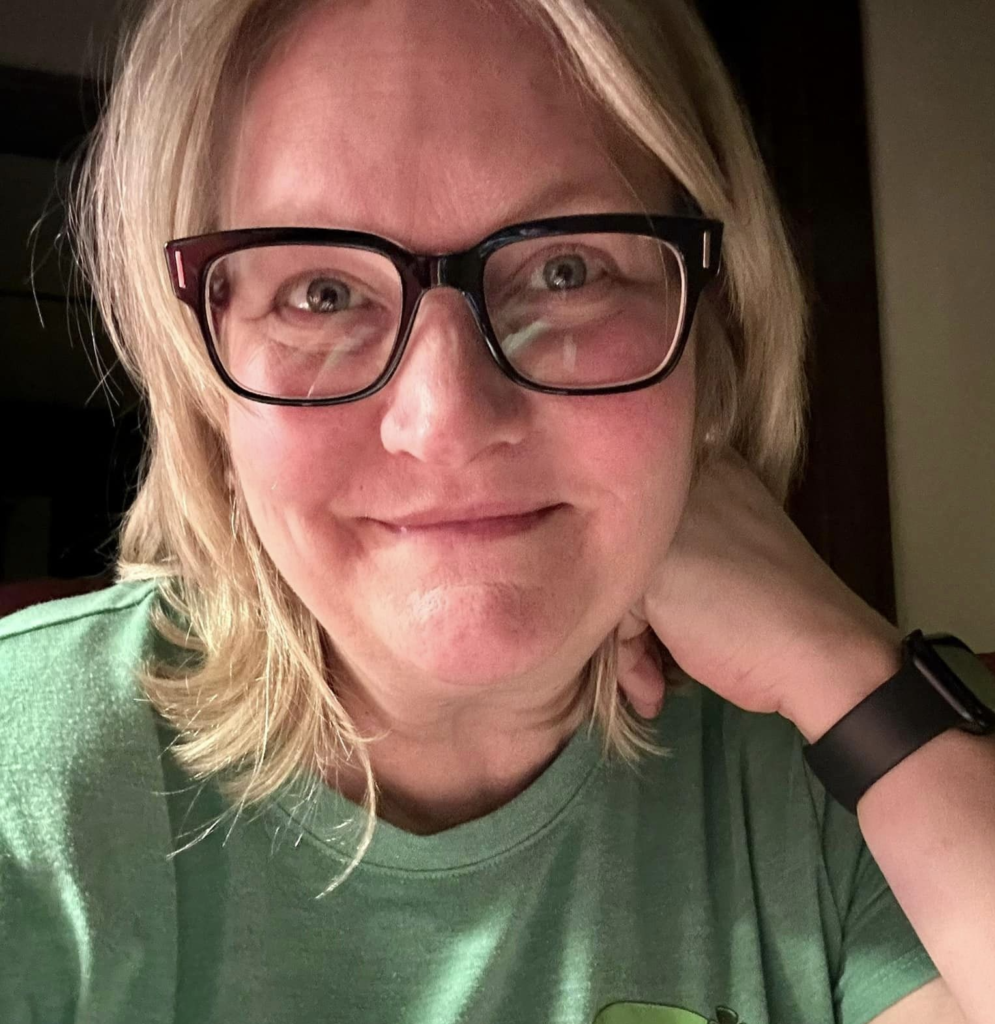Town staff members misinterpreted their own zoning ordinances. Now they’re making a longtime, local business pay the price.
Mooresville’s zoning and land-use regulations – the so-called Unified Development Ordinance (UDO) – set the terms by which different kinds of businesses can operate on different kinds of property. For years, the town worked with Josh’s Farmers Market (JFM) – a longtime, local business that spent years on Williamson Road – issuing it two six-month permits each year to operate as a “produce stand” within town ordinances. Interestingly, this is the same 12-month permit that the current town planner, Danny Wilson, issued when JFM moved from Williamson Road to its most recent home on the YMCA property in Morrison Plantation.
The town removed “produce stand” from its UDO in February. Now, it is calling the market a “retail sales establishment,” which comes with requirements as a condition of operation, many of which JFM’s long-standing model does not meet.
Josh Graham, owner of JFM, could have sought a permit to operate as either a “farmers market” or “outdoor seasonal sales” – two other categories in the UDO – but town staff declared JFM doesn’t fit into those categories. So for months, the farmers market – which stays open nine months out of each year – has operated without a permit and, as a result, the town threatened to levy hefty, daily fines – up to $7,000 a day – against Lowe’s YMCA, on whose property JFM is currently situated.
JFM appealed the town’s decision. But ultimately, on Oct. 31, JFM relented and shut down its operations. And now the town is holding the fines over the YMCA’s head as leverage to either keep the market off YMCA property or collect $28,000 in fees from the time JFM operated there without a permit.
But here’s the catch: the literal text in the town’s UDO indicates the town has been wrong all along in denying JFM the right to seek a permit to operate as either a farmers market or outdoor seasonal sales.
Therefore, the town improperly deprived the market of its right to seek a permit.
The town’s ordinance for outdoor seasonal sales actually states: “Outdoor seasonal sales shall be limited in duration to a maximum of 120 days and there shall not be more than 3 seasonal sales on a lot per calendar year.”
That literally translates to this: JFM can apply three times a year – for a total of 360 days in a calendar year – to operate on the same parcel of property. Each and every year.
Classifying JFM as “retail sales,” and therefore preventing it from obtaining a permit, opened the door for the town to cite the market for the expensive violations.
Effectively, the town put Graham out of business.
The problem is: the town had no justification to do so, and Graham’s lawyers will argue just that in a Board of Adjustment hearing today, Tuesday, Nov. 15, at 2 p.m. in Town Hall. The meeting is open to the public.
The Board of Adjustment, when hearing an appeal, “may reverse or affirm, wholly or partly, or may modify the decision appealed from and shall make any order, requirement, decision, or determination that ought to be made. The board shall have all the powers of the official who made the decision. All decisions of the board shall be based upon competent, material, and substantial evidence in the record.”
The question before the Board of Adjustment, according to a staff report to the board, is: was the UDO interpreted correctly and was the process adequately followed?





